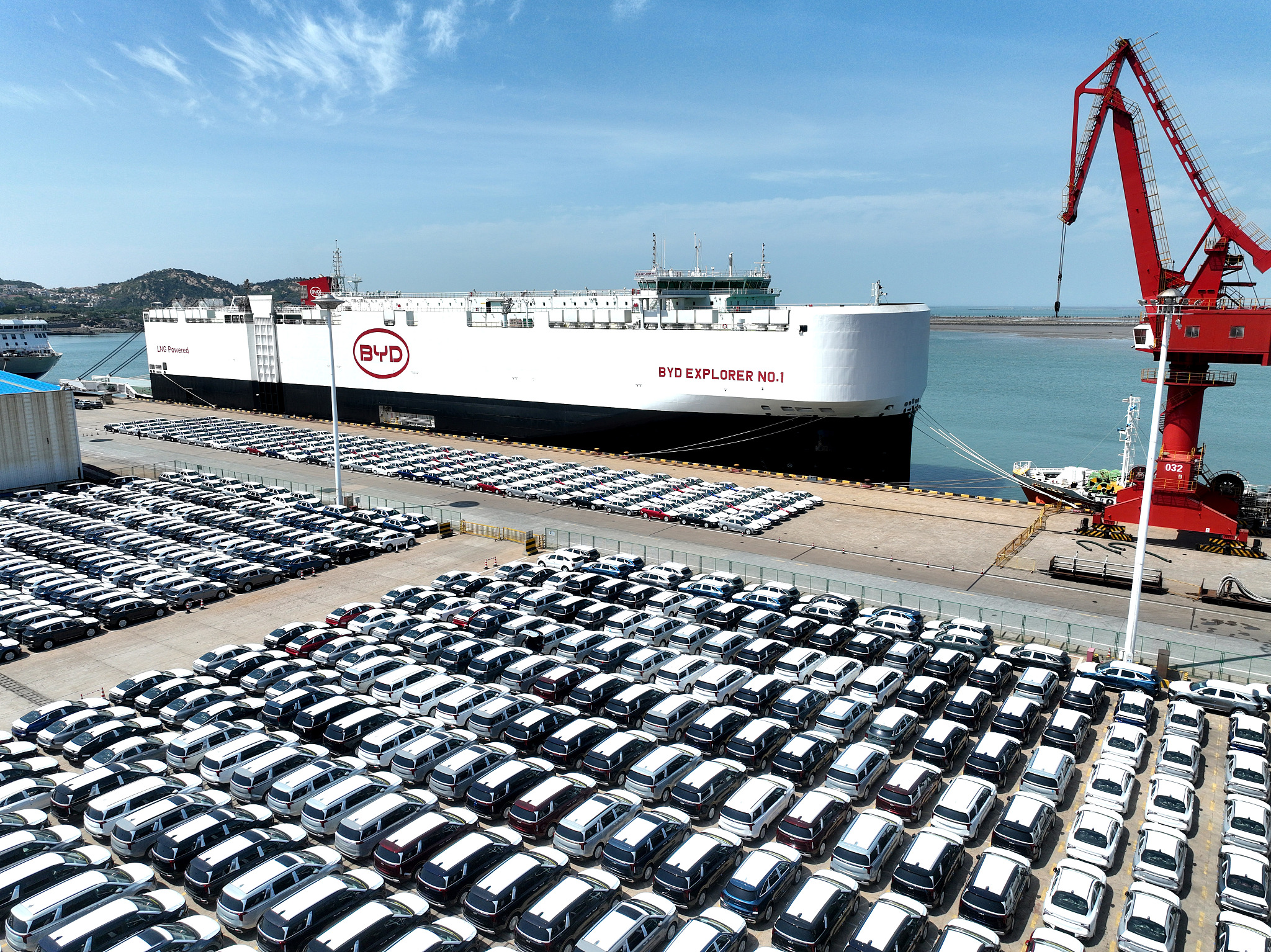
On August 20 local time, the European Commission disclosed to relevant parties its proposed final measures for the anti-subsidy investigation of electric vehicles imported from China.
If approved, this will impose anti-subsidy taxes ranging from 17% to a maximum of 36.3% on pure electric vehicles produced in China and the EU, with a 9% anti-subsidy tax specifically for Tesla electric vehicles manufactured in China, lasting for a period of five years.
The European Commission stated that after recalculating, the final tax rates have been adjusted from the previously announced provisional tariff rates: BYD's tax rate has been decreased from 17.4% to 17%; Geely's rate has been lowered from 20% to 19.3%; while the tax rates for 17 other companies cooperating with the EU investigation have increased from 20.8% to 21.3%. Non-cooperative companies, such as SAIC, will face the highest tax rate of 36.3%.
Media reports indicate that Tesla, which has had a "tense relationship" with the European Commission, is the "biggest winner," benefitting from a special anti-subsidy tax rate of only 9%.
According to reports, the European Commission initially did not choose to conduct an on-site investigation of Tesla. Afterward, Tesla requested a separate review, and upon approval, EU investigators inspected its production facilities in China in June of this year. In the final disclosure, the European Commission noted that China's subsidies for foreign enterprises are relatively low, leading to Tesla's tax rate being reduced from 20.8% to 9%, with import costs significantly lower than those of European brands.
The European Commission also decided not to apply the anti-subsidy taxes retroactively and will not impose provisional taxes on goods registered for import in the three months prior to the implementation. Additionally, the provisional anti-subsidy tax deposits collected will be refunded starting in November.

On April 25, 2024, at the Lianyungang Port in Jiangsu, a roll-on/roll-off ship is loading new energy vehicles for export.
In response, SAIC Group stated that due to pressures from Europe and the U.S., among other factors, the company's overall sales have experienced short-term fluctuations this year, but they will make every effort to recover and aim for month-to-month sales growth. During the first extraordinary shareholder meeting of 2024, SAIC Group President Jia Jianxu clearly stated, "SAIC's sales in Europe this year will not be lower than last year; SAIC's self-owned brand MG's HEV products will soon enter Europe; there is now more enthusiasm for HEV vehicles than we anticipated, and some orders will not be delivered until the first quarter of next year.”
On October 4, 2023, the European Commission initiated an anti-subsidy investigation against Chinese electric vehicles. On July 4, 2024, the Commission announced its preliminary ruling, imposing temporary anti-subsidy taxes ranging from 17.4% to 37.6% on Chinese electric vehicles. The final ruling will be disclosed on August 20, 2024, and a final decision will be made by November 4.